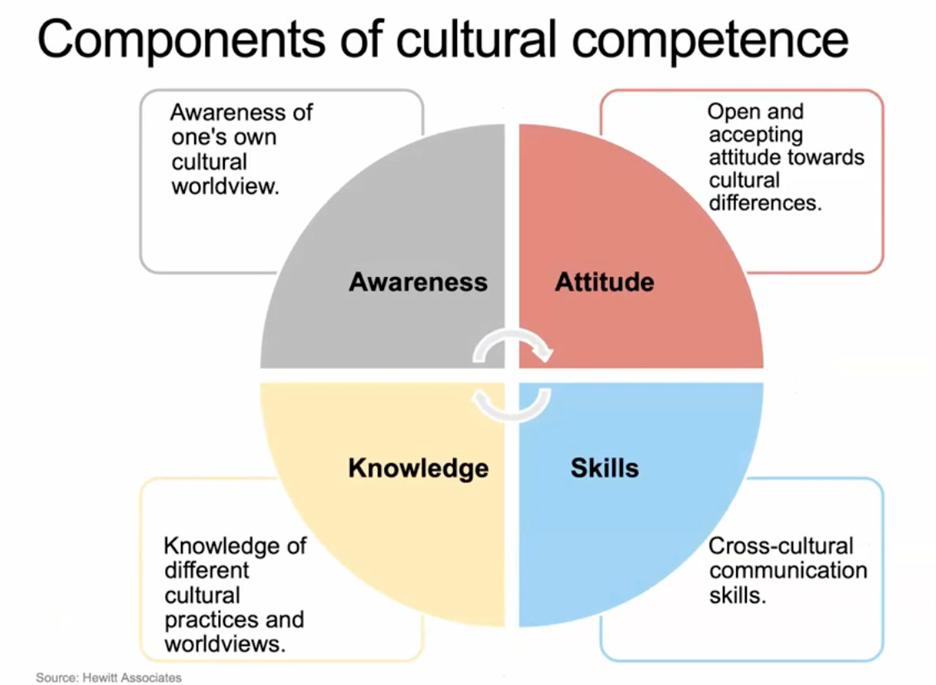March 1, 2023
Topic
Cultural competency means being aware of your own cultural beliefs and values and how these may be different from other cultures—including being able to learn about and honor the different cultures of those you work with.
Cultural competency is the ability of a person to effectively interact, work, and develop meaningful relationships with people of various cultural backgrounds. Cultural background can include the beliefs, customs, and behaviors of people from various groups.
The challenge to achieving cultural competency is learning how to mentally prioritize another’s culture over one’s own for the mere purpose of understanding the cultural nuances associated with true successful outcomes in any given paradigm, in this case environmental and social justice.
This cannot be done at a desk looking at data to determine outcomes, listening to the news cycles (current and historical), or relying on one’s own, or others’, opinions of a particular culture, as those methods usually contain an abundance of negativity and highlights the differences in differing cultures.
The greatest challenge is understanding and accepting the similarities in different cultures as opposed to the inherent differences. Again, this cannot be done relying on data because the assumption is that something is wrong with the people (we aren’t disadvantaged, we were intentionally put at a disadvantage), as opposed to the myriad of structural and systematic oppression that was intentionally imposed upon them. If we desire to change the conditions under which a different culture finds itself, we must first understand thier human experiences, and why? (A surgeon doesn’t just start cutting on a patient without first stabilizing their essential life forces such as heart rate, blood flow, breathing, mental integrity, as well as other issues that may have and impact on a successful surgery).
Solving the cultural competency issue of every endeavor must be multi-disciplined, meaning that as inequitable situations were delivered on many fronts at the same time, so to must the solution be delivered. Siloed approaches don’t work from a municipality standpoint because everyone in every office, and every office in the municipality must be bought in to understand and appreciate the necessity of cultural competency. In addition, it is imperative to have the buy-in of other agencies that may have dominion over certain processes (e.g., transit, affordable housing, CCA’s, etc.).
Solving the equity issue is difficult because no one has truly ever achieved it. I humbly submit that equity is the path to equality, and it will only be achieved by intentionally addressing Inequality in its entirety. And… it will be expensive.





